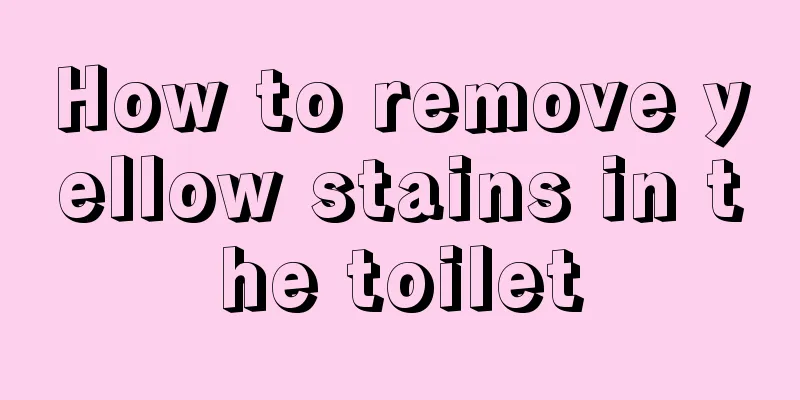What is the principle of dry cleaning?

|
In addition to water washing, dry cleaning is also something many people do in our lives. But why can dry-cleaned clothes be so clean? What is the principle behind it? Everyone can learn about it, so that we can know whether dry cleaning clothes is good or not. 1. Principle of dry cleaning: Most of the dirt on clothes is formed by dust in the air adhering to oil or grease and then adhering to the fibers. Oil or grease mainly comes from human body fat, cooking oil and automobile exhaust. The function of dry cleaning agents is to quickly dissolve the oil or grease that causes dust to stick to fibers. Adding specially selected dry-cleaning aids to dry-cleaning agents can suspend dust and prevent it from depositing on the clothes again. The free dirt can then be separated from the dry cleaning agent by filtering or distillation. 2. Water-soluble dirt such as mud, food and beverage stains are difficult to remove using only dry cleaning agents. In order to enhance the stain removal ability in this area, a small amount of a mixture of water and dry cleaning aid is usually added during the dry cleaning process. Modern dry cleaning additive formulas generally contain enough moisture, so there is no need to add water. A mixture of dry cleaning aid and water can also be used to wash stains directly on clothes before dry cleaning. In this way, a small amount of water is introduced into the dry cleaning agent system in the form of an emulsion. This process is usually called pre-decontamination. Since so little water is added, the dry cleaning machine essentially maintains "dry cleaning" conditions, minimizing shrinkage, fading, deformation, and all other problems that can be avoided with dry cleaning agents. 3. Descaling principle Four major categories of dirt and corresponding removal methods a. Soluble in organic agents - solvent-soluble dirt, such as grease, is removed with solvents; b. Soluble in water - water-soluble dirt, such as salt and sugar, is removed with soap oil; c. Insoluble in solvents and water - insoluble dirt, such as dust and metal oxides, is removed with mechanical force; d. Local dirt that requires special treatment - stains and ink, is removed with special chemicals on a stain removal table. |
<<: How to relax your eyes better
>>: Are persimmons high in calories?
Recommend
What is soap water
The fifteenth day of the eighth month in the luna...
What are the indicators for judging primary liver cancer? What is the best way to treat primary liver cancer?
Primary liver cancer is a relatively serious dise...
What should I do if a mosquito bite leaves a red mark?
The summer when mosquitoes are rampant is very sa...
What food is better for tracheitis
The issue of food selection for patients with bro...
Can I drink alcohol if I have uterine fibroids
Uterine fibroids is a female disease. If uterine ...
Late stage liver cancer rolling eyes when sleeping
Patients with reduced liver function, prone to an...
Which hospital can cure skin cancer
In fact, the pollution of our living environment ...
How to correct supernumerary teeth?
Supernumerary teeth have a certain impact on the ...
Can collagen remove spots?
In order to make their skin look smoother and mor...
Early symptoms of colon cancer
Colon cancer (including rectal cancer) is adenoca...
What are the advantages of interventional treatment for liver cancer? Detailed description of several advantages of interventional treatment for liver cancer
Although the term "interventional diagnosis ...
What are the causes of nasopharyngeal cancer
What are the causes of nasopharyngeal cancer? Now...
What are the dietary taboos for glioma patients
Glioma is the most common primary brain tumor cau...
Running heart rate 180
When running, everyone will obviously feel that t...
How to treat pulmonary fibrosis, common treatment methods
Pulmonary fibrosis is the result of liver damage....









